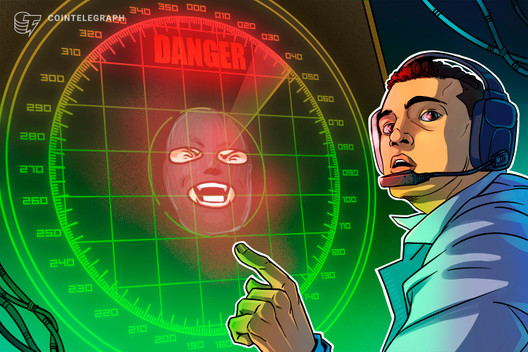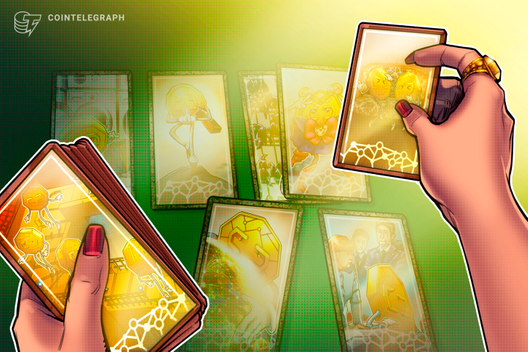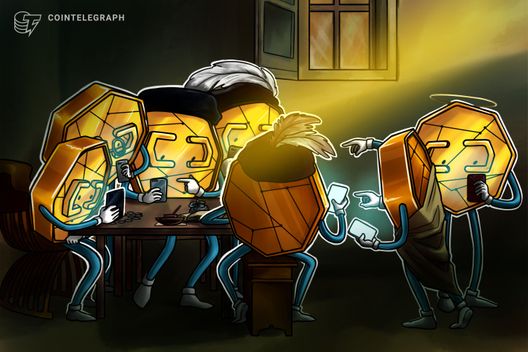Aussie firm to launch $100M class action over dodgy QOIN token
The issuers of the Australian token QOIN are set to face a $100 million lawsuit accusing them of pyramid selling and fraud.
1005 Total views
38 Total shares

The issuer of a controversial cryptocurrency that can only be sold in batches of $125 daily on a single exchange is facing pushback from an Australian law firm.
Queensland-based law firm Salerno Law plans to file a lawsuit accusing BPS Financial Limited — the company behind the QOIN token — of engaging in misleading and deceptive conduct, pyramid selling of financial products, and failing to comply with financial services regulations. The lawsuit will seek $100 million in damages.
Salerno Law, which specialises in crypto disputes, started collecting expressions of interest from investors and merchants who had incurred losses as a result of the seemingly arbitrary limits placed on QOIN sellers last week.
QOIN tokens are issued on the company’s proprietary Qoin blockchain. As such, QOIN is not supported by decentralized exchanges, and can only be swapped using the ‘Block Trade Exchange’ (BTX Exchange) — which prevents users from selling more than $125 worth of the token daily. However, users are able to make QOIN purchases between $100-$10,000.
BTX is registered with the Australian Securities and Investments Commission (ASIC).
The BTX Exchange, BPS and Qoin are all controlled by the same two men, Tony Wiese and Raj Pathak. Pathak and Wiese are also the joint directors of Bartercard, which is a barter trading system that allows businesses to exchange goods and services using a proprietary credit system called ‘trade dollars’.
Salerno Law says that it has spoken to several holders of Qoin, who say they have experienced significant difficulty selling or withdrawing the token on the BTX exchange and redeeming the token at merchants.
“It has been alleged by holders and merchants that they are either unable to accept Qoin payments or exchange the token for fiat currency due to the terms of BTX Exchange, leaving them with a token of no utility.”
Qoin denies these claims, describing them “baseless” in a statement posted to its website on October 28.
Public reviews provided by Qoin users also offer scathing assessments of the project.
“Qoin is a TOTAL joke. Stay well clear of this company and it’s dirty dodgy dealings,” one user posted to the website Product Review.
“0 is my rating. This is NOT and again I will repeat it, NOT an investment. It’s a closed barter system between businesses. Once your money is in, the max you can draw out currently is $125 IF you can,” added Michelle from New South Wales.
Read more: Blockchain Australia ousts retail merchant crypto project Qoin
The Salerno suit is not the first time Qoin has come under fire, with local industry association Blockchain Australia expelling Qoin’s membership and requesting for its name and logo to be removed from marketing promotions in February of this year amid accusations it has been engaged in pyramid selling.
“The former Member has been asked to cease the use of the Blockchain Australia logo and name in connection with their business or promotional activities,” Blockchain Australia wrote at the time.









